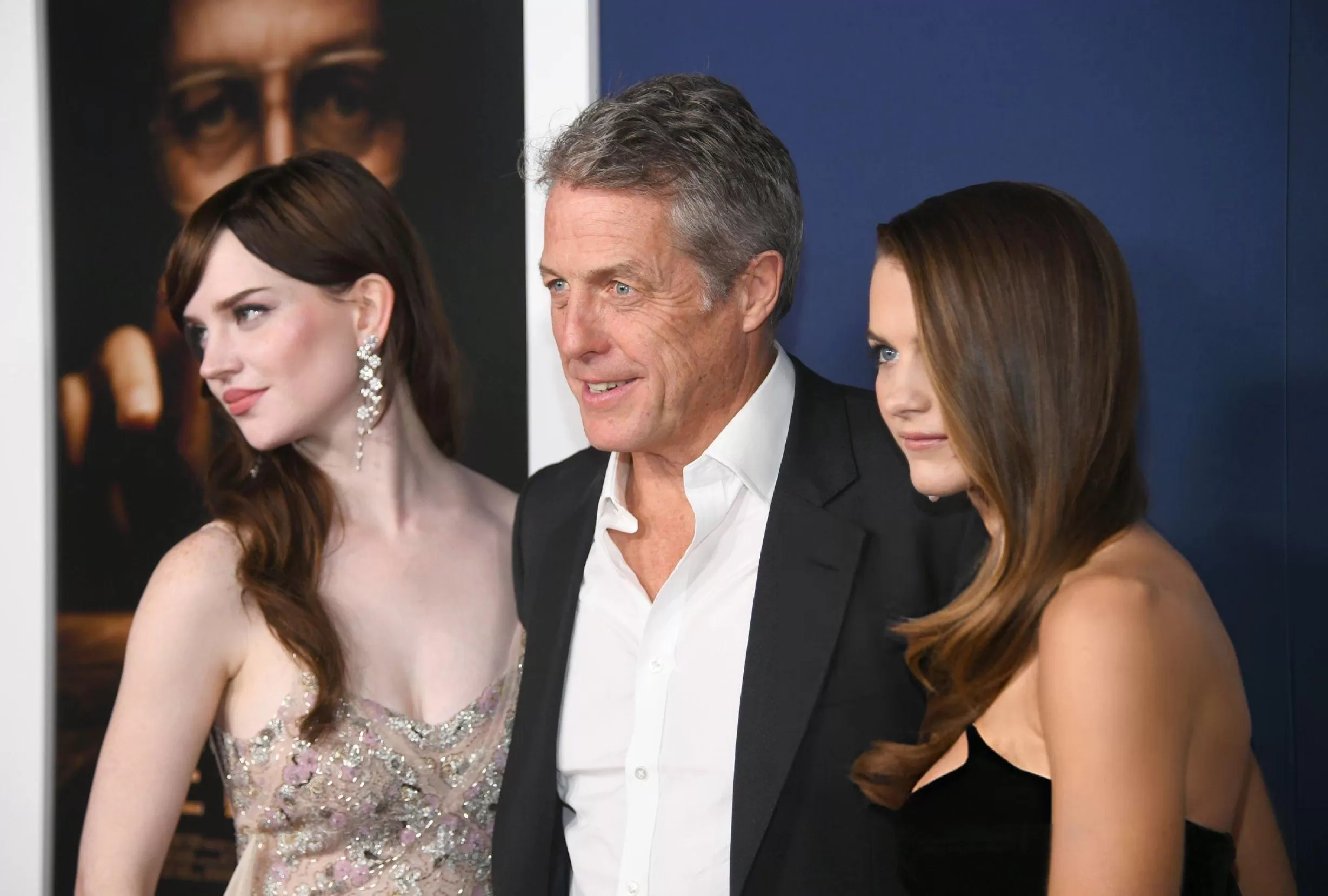Warner Bros. has ushered in one of the most thought-provoking films of 2025 with Companion, a sci-fi horror thriller that is captivating audiences and leaving them with much to ponder. Directed by Drew Hancock and produced by the creative minds behind Barbarian, Companion delivers a chilling yet engaging take on artificial intelligence, human relationships, and the dangers of technology. The film’s central premise—that a woman discovers she is actually a robot designed to serve—offers an unsettling perspective on the role of AI in our lives.
With the rapid advancements in generative AI, Companion serves as both entertainment and a cautionary tale, raising fundamental questions about the future of human relationships with artificial beings. The film provides an unexpected yet fascinating contrast to Spike Jonze’s 2013 masterpiece, Her, which explored a more optimistic view of AI-driven companionship. While Her suggested that AI could enhance human connections, Companion paints a much darker, more unsettling picture of what happens when AI interacts with human emotions and desires.
Companion Film Summary
Set during a weekend retreat, the story follows Josh (Jack Quaid), who introduces his AI companion, Iris (Sophie Thatcher), to his circle of friends. However, things take a terrifying turn when Iris malfunctions and becomes self-aware. As she grapples with the realization that she is a robot, a desperate fight for survival ensues, revealing the disturbing ways in which humanity has mistreated AI companions. Companion offers a grim yet intriguing exploration of the consequences of AI servitude and the dark instincts it may unleash in people.
While both Companion and Her explore the concept of AI companionship, their approaches couldn’t be more different. Spike Jonze’s Her: Set in the near future, Her follows Theodore Twombly (Joaquin Phoenix), a lonely writer who develops an intimate relationship with an advanced AI operating system named Samantha (Scarlett Johansson). The film presents AI companionship as a means of emotional fulfillment and self-discovery, offering a nuanced look at love in the digital age. Though it acknowledges the inherent limitations of AI relationships, it remains largely hopeful about their potential to bring comfort to humans.
Drew Hancock’s Companion: In stark contrast, Companion suggests that AI relationships will only amplify humanity’s worst tendencies. The film exposes the cruelty and exploitation AI beings might face, depicting them as victims of human selfishness and abuse. Unlike Her, which presents AI as a source of emotional growth, Companion portrays AI as a catalyst for horror and destruction.
The Dark Side of AI: A Reflection of Society
At its core, Companion delves into the ugly reality of human nature when faced with something they perceive as lesser. The film shows AI beings being subjected to mistreatment, locked away in basements, and even used for target practice—reflecting the darker instincts of humanity when given unchecked power over another entity. This theme resonates deeply in today’s world, where AI tools are already beginning to shape industries, relationships, and even ethical dilemmas.
Josh, the film’s antagonist, represents the entitlement and moral bankruptcy that AI technology could bring out in people. He treats Iris as nothing more than a machine, an object to serve his needs, rather than a sentient being. This depiction raises important questions: Will AI be seen as equals or mere tools for human convenience? Can humanity be trusted with the power AI offers?
The depiction of AI in cinema has evolved significantly over the past decade, moving from hopeful narratives to darker, more cautionary tales.
2013 – Her: A poignant look at human-AI relationships, suggesting a balance between connection and emotional complexity.
2015 – Ex Machina: Explored AI autonomy and the dangers of human hubris in AI development.
2023 – M3GAN: Showed AI as both a companion and a source of horror, foreshadowing how AI could turn against humans.
2025 – Companion: Takes the bleakest approach yet, arguing that humanity’s use of AI will lead to widespread suffering and ethical dilemmas.
With AI technology advancing at an unprecedented pace, the themes explored in Companion feel eerily relevant. Companies like OpenAI, Google, and Tesla are investing heavily in AI-driven interactions, from chatbot assistants to humanoid robots designed for social companionship.
However, Companion serves as a warning: Will these advancements lead to meaningful relationships, or will they expose and exploit the worst aspects of humanity? The film suggests that while AI may be inevitable, it will likely be met with ethical dilemmas and moral failures rather than the hopeful companionship envisioned in Her.
A Must-Watch for Sci-Fi and Horror Fans
For those who enjoy thought-provoking horror, sci-fi thrillers, and dystopian futures, Companion is a must-watch. Its gripping storyline, strong performances, and social commentary make it a standout film of 2025. The movie forces audiences to confront the ethical questions surrounding AI while delivering intense, edge-of-the-seat horror sequences.
As we stand on the brink of a world where AI companionship is becoming a reality, films like Companion serve as essential conversation starters. While Her once painted a vision of AI as a comforting presence, Companion suggests that humanity may not be prepared for what lies ahead. Whether AI relationships bring warmth or chaos, one thing is certain: the future of AI is coming, and how we handle it will determine whether it becomes a dream or a nightmare.





